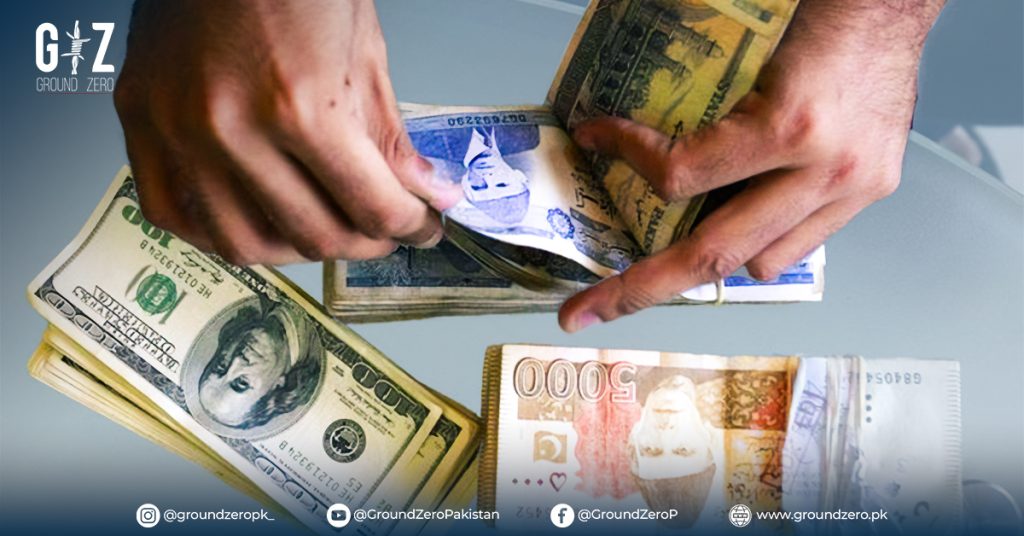Pakistan Avoids Expensive Commercial Bank Loans Amid Financial Adjustments
In a significant financial decision, Pakistan has opted to steer clear of securing loans from a commercial bank at a high 11% interest rate, as reported by various sources. The finance ministry, under the guidance of Prime Minister Shehbaz Sharif, decided to halt these plans to avoid further economic strain. Instead, the government is actively pursuing more affordable alternatives to finance its projects and fill any financial gaps that may arise.
Exploring Other Financial Avenues
As part of its new strategy, Pakistan is exploring options for loans from other sources, such as the International Trade Finance Corporation and the Islamic Development Bank (IDB). The government aims to secure up to $700 million from these institutions, which offer more favorable interest rates. These measures reflect the government’s commitment to managing its financial obligations more responsibly while avoiding costly loans.
For further insights, visit our finance updates.
IMF Loans and Future Prospects
Pakistan’s partnership with the International Monetary Fund (IMF) remains a key pillar of its financial strategy. In the current fiscal year, Pakistan is expected to receive an additional $1 billion from the IMF, with another $2 billion due next year. This will help stabilize the economy as part of the ongoing 37-month Extended Fund Facility (EFF) program.
You can read more about IMF funding updates.
Impact on Commercial Loan Agreements
Although the government initially agreed to the commercial bank loan at 11% interest, the decision to back out from the agreement raises concerns. This move could potentially complicate future loan negotiations with commercial lenders. However, the government’s preference for securing funds from alternative sources at lower interest rates reflects a prudent approach to managing the nation’s debt.
To learn more about Pakistan’s loan strategies, check out our economic analysis section.


